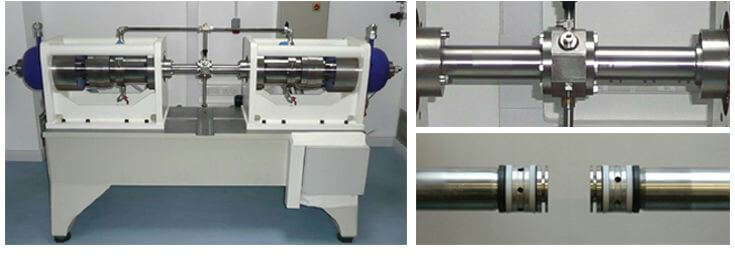-
Courses

Courses
Choosing a course is one of the most important decisions you'll ever make! View our courses and see what our students and lecturers have to say about the courses you are interested in at the links below.
-
University Life

University Life
Each year more than 4,000 choose University of Galway as their University of choice. Find out what life at University of Galway is all about here.
-
About University of Galway

About University of Galway
Since 1845, University of Galway has been sharing the highest quality teaching and research with Ireland and the world. Find out what makes our University so special – from our distinguished history to the latest news and campus developments.
-
Colleges & Schools

Colleges & Schools
University of Galway has earned international recognition as a research-led university with a commitment to top quality teaching across a range of key areas of expertise.
-
Research & Innovation

Research & Innovation
University of Galway’s vibrant research community take on some of the most pressing challenges of our times.
-
Business & Industry

Guiding Breakthrough Research at University of Galway
We explore and facilitate commercial opportunities for the research community at University of Galway, as well as facilitating industry partnership.
-
Alumni & Friends

Alumni & Friends
There are 128,000 University of Galway alumni worldwide. Stay connected to your alumni community! Join our social networks and update your details online.
-
Community Engagement

Community Engagement
At University of Galway, we believe that the best learning takes place when you apply what you learn in a real world context. That's why many of our courses include work placements or community projects.
Facilities
Rapid Compression Machine
The two twin opposed-pistons rapid compression machines now operated in NUI Galway are used to simulate conditions similar to those reached in internal combustion engines and in gas turbines. The rapid compression machine is capable of compressing a premixed gaseous fuel in air to 40 atm in less than 20 milliseconds over a range of temperatures from 600–1050 K. The auto-ignition event can then be followed by monitoring the pressure change within the chamber and/or the light emitted as the fuel ignites.
A rapid sampling system has been added to the rapid compression machine which enables the acquisition of samples prior to ignition for later chemical analysis in our own gas chromatograph with mass spectrometer detection. Using this we can report fuel, intermediate, and product species concentration profiles as a function of time. This data can then be used, in addition to ignition data, to validate the chemical kinetic mechanism, understanding the formation of toxic chemical species and emissions as well as paths leading to soot production.

Shock Tubes
High-Pressure Shock Tube: We have built a heated high-pressure shock tube capable of operating at pressures of up to 70 atm to study auto-ignition events under engine-like conditions. This 12 metre long tube is used to study the ignition behaviour of a large range of fuels. Since the installation of a heating system that covers the entire tube we have extended the range of fuels we can investigate to include fuels of low vapour pressure and large molecular weight.
Data recorded in the two shock tubes and in the RCMs will be complementary and will provide a cross validation of experimental results.
Instrumented Shock Tube: The shock tube has a 5.8 m driven section with an inner diameter of 10.24 cm. There are 5 PCB Piezotronics 113A21 transducers embedded on the sidewall of the tube. The end-wall has a Kistler 603CAB piezoelectric sensor connected to a Kistler 5018 charge amplifier. The driver section is rather unique and is barrel shaped with a diameter of 52 cm and a length of 53 cm. To operate the system in single pulse mode, a 200L dump tank is connected to the driven section via a pneumatic valve. A sampling system is connected to the end wall of the shock tube, allowing online sampling with a 6890/5975 GC-MS system.
















